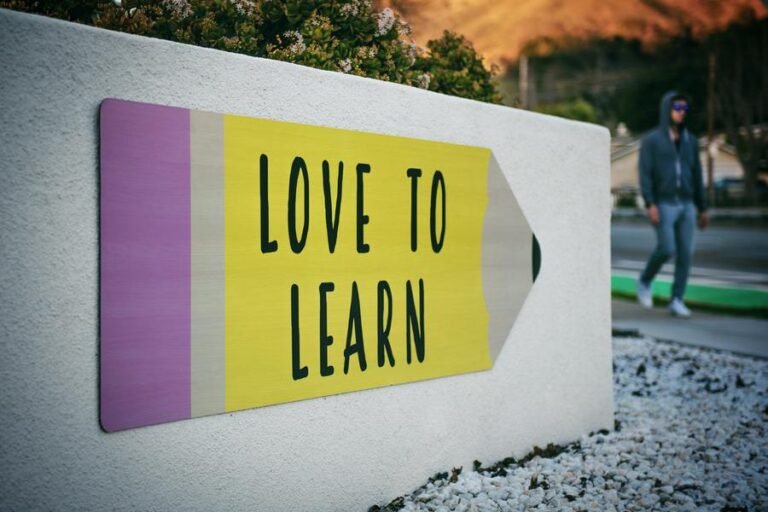Revisiting your communication skills – why it could be your wisest investment
Picture this
- A golfer stands on the first tee, limbering up with a few practice swings.
- An athlete on the adjacent running track performs a few stretches to limber up before a race.
- And through an open window, a musician can be heard practicing scales before a morning rehearsal.
Each of these scenarios allows the sportsperson or musician to prepare for the work ahead of them that day, through a series of exercises which re-educates the body in basic movement.
A trip back to primary school
If we go back to our early years of study, we learn how to listen, how to speak and how to write. And when these three skills are combined, we learn how to communicate with other humans.
But as we start other subjects at school, we unconsciously focus less on communication and more on learning and thinking. After all, problem solving requires us to put our thinking caps on at an early age.
Centre stage – the exam
As we move into further and higher education, problem solving and thinking take centre stage in the context of exams. And exam results can dictate what we go on to achieve in later life, where thinking and problem solving are also likely to be part of our daily routine.
However, when performing tasks, be it at school, university or at work, we need to be able to communicate effectively in order to perform well. But when thinking and problem solving take centre stage, the art of communication can end up taking a back seat. And just as with the golfer, athlete or musician who neglects their daily warm up, neglecting practicing communication skills can make learning, exams and work more difficult.
The silent assumption
As we have seen, communication skills as a primary focus of a child’s development, start to take a back seat when learning new subjects at school. There is an almost a silent assumption that a child’s ability to communicate will take care of itself as part of the overall education process.
However, there are many things in both a child or adult’s development that can severely hamper the ability to communicate effectively, including:
- bullying (where a child or adult may be afraid to speak out or express an opinion, for fear of harmful repercussions);
- receiving criticism without any apparent reason or justification for it or without any help/feedback on how to improve (which can lead to withdrawal from actively seeking constructive help);
- the fear of making mistakes (often linked to the fear of looking inferior in front of peers or because of over-perfection tendencies); and
- unprocessed emotional trauma.
All of these can instil a sense of fear when attempting to communicate, even where the environment isn’t a hostile one.
A crisis of confidence
What underlies many communication deficiencies is a lack of confidence, often accompanied by unnecessary muscle tension or tightening in the head, neck and back (which is part of not fully releasing our natural ‘flight or fight response’ that accompanies the fear of communicating).
But that confidence is unlikely to fully return through learning, thinking and problem solving alone, because those skills require you to be able to communicate well in the first place. That’s because effective communication enables you to ask relevant questions and seek further information, which you need in order to think and problem solve and present your findings, opinions and ideas. That in turn, enables you to learn and breeds greater confidence.
Are ways of practicing communication disappearing?
Unfortunately we live in times where music, drama and the arts are taking a greater back seat in the education agendas of many developed countries. But these all allow us, whether as children or adults, to practice our communication skills, which in turn provide a platform for us to communicate with more confidence and ease at school and in work.
The art of handwriting is also something that is dying out in todays world of computers and smartphones; but hand writing enables us to stop and think about how we really want to say something, before committing to the written word. Contrast that with emails and text messages, not to mention tweets which as we see from some politicians, are often hastily concocted thoughts serving no useful purpose at all.
As such, there is an urgent need to address how we help both children and adults practice communicating effectively in a society where we probably speak more through computers than through via human interaction.
Communication – focussing on re-education
The golfer, athlete and musician all take the time to warm up, because it re-educates the body and muscles to do the fundamental things that are the foundation to performing well. Those who warm up well, typically perform better.
And so to communication. Listen to any great speaker and he/she is likely to have worked hard behind the scenes at preparing a talk or speech. Similarly, the best articles and books are often those written by those who constantly practice and develop their writing skills. And many a great negotiator knows when to listen and when and how to speak, through years of honing those skills.
Communication is absolutely key to everything we do, whether at work, at school or at home and the quality of our communication often reflects back through the quality of our lives. However, to communicate effectively requires constant reflection and re-education, so that just as with the golfer, we can stay at the top of our game.
So the next time you’re considering sending a text message, why not pick up the phone and practice speaking and listening instead, or if you have run out of battery, write someone a card to say hello instead. Not only are they far nicer than communicating via a computer, but investing a little time every day in practicing listening, speaking and writing could be one of the wisest investment decisions that you will ever make.








